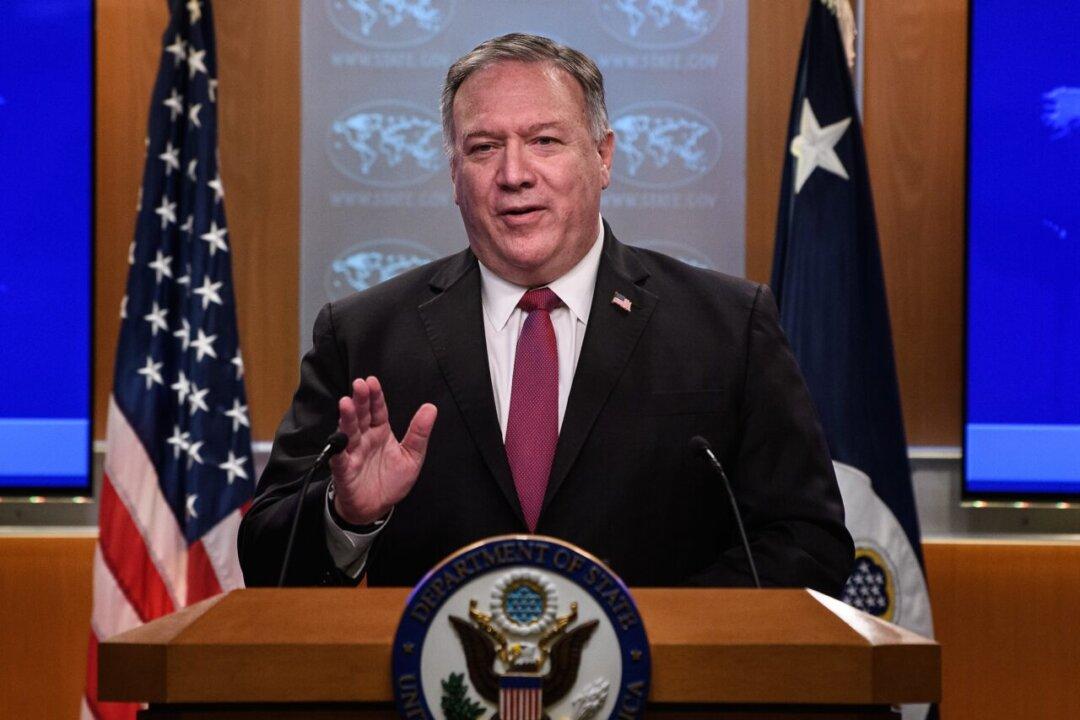WASHINGTON—U.S. investors are unwittingly financing companies tied to the Chinese communist regime and its military through major index funds, according to a fact sheet released by the U.S. State Department on Dec. 5.
The report, titled “U.S. Investors Are Funding Malign PRC Companies on Major Indices,” lists the names of publicly traded companies that present a national security threat to the United States.





